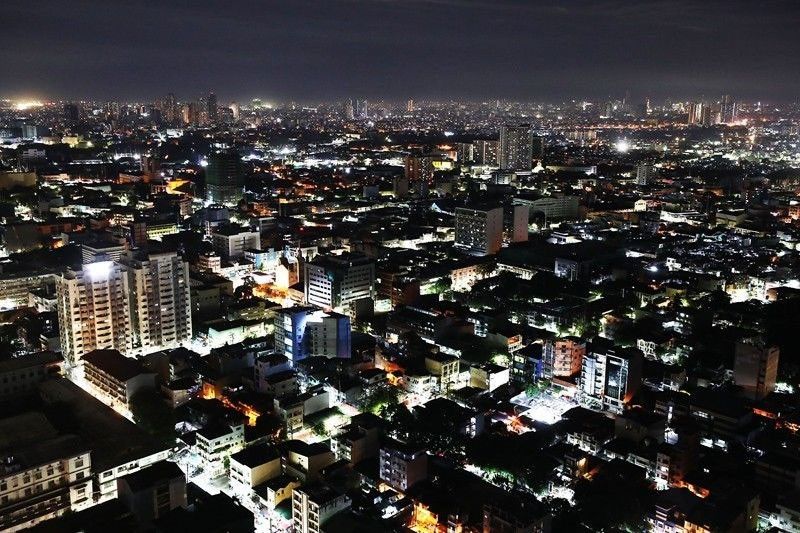'Consumer apps to remain king among Filipinos within two years'

MANILA, Philippines — Expect consumer-centric apps to remain the public's darling in two years amid a burgeoning startup scene in the Philippines.
For Lester Lim, country director of SHAREit Philippines, Filipinos are still keenly interested in apps that enhance the consumer experience such as the entry of fintech apps. These apps took center stage at the onset of the pandemic since mobility was so restricted that Filipinos had no choice but to turn to digital wallets like GCash for their spending needs.
"At least for the next two years, it's going to focus on consumer apps. We will still consume content from other countries. They will expand into the Philippines but us trying to export our own startups and all. We’re seeing the start of it," he said in an interview with Philstar.com.
Lim is no stranger to the startup scene, despite his cushy new position. His appointment to spearhead SHAREit's operations in the Philippines occupies a special niche within the local tech scene. For one, SHAREit is popular among Filipino consumers, especially Android loyalists, since it's considered the largest peer-to-peer file-sharing platform. The app's popularity helped it pivot pre-pandemic into a middleman, (in Lim's words, a digital plumber) for companies locally and abroad.
They help companies grow their consumer base since SHAREit users could easily send apks to other SHAREit users, all without the need to download from app stores. SHAREit has a huge uptake in several countries such as United Arab Emirates, Egypt, and South Africa, according to Lim.
This proximity to tech makes Lim a keen observer.
Data from the Philippine Venture Capital Report 2022 revealed that startups around the country were able to raise $1.03 billion in funding which ballooned 179% year-on-year in 2021. Fintech startups occupied the largest share in terms of deal activities in the same period, accounting for 77% in terms of value.
Fintech apps, which extend to digital banks, remain top of mind for Filipino consumers. For Lim, the public's appetite for consumer apps will persist for now but could change just as easily since funds are coming in from local venture capitalists, noting that the Philippines is ready to become a “tech exporter.”
"The Philippines is very consumer-centric, we spend still a lot. I see that [trend] in two years. In that short space, it can change suddenly," he said.
That change could take its cue from startups and developers. This could take time as these ventures need to build significant interest first, one that would make them comfortable before expanding as is the case in startups from regional neighbors like Indonesia, which saw an explosion of new startups in recent years.
Lim opined that homegrown startups could compete with Indonesia, whose startup scene was able to expand its offerings regionally.
"We're at the stage that we're trying to validate different hypotheses right now," Lim said.
"For me, the general sentiment, at least in the homegrown startup scene, is that they're excited to grow locally first then you start going outside," he added.
- Latest
- Trending



























